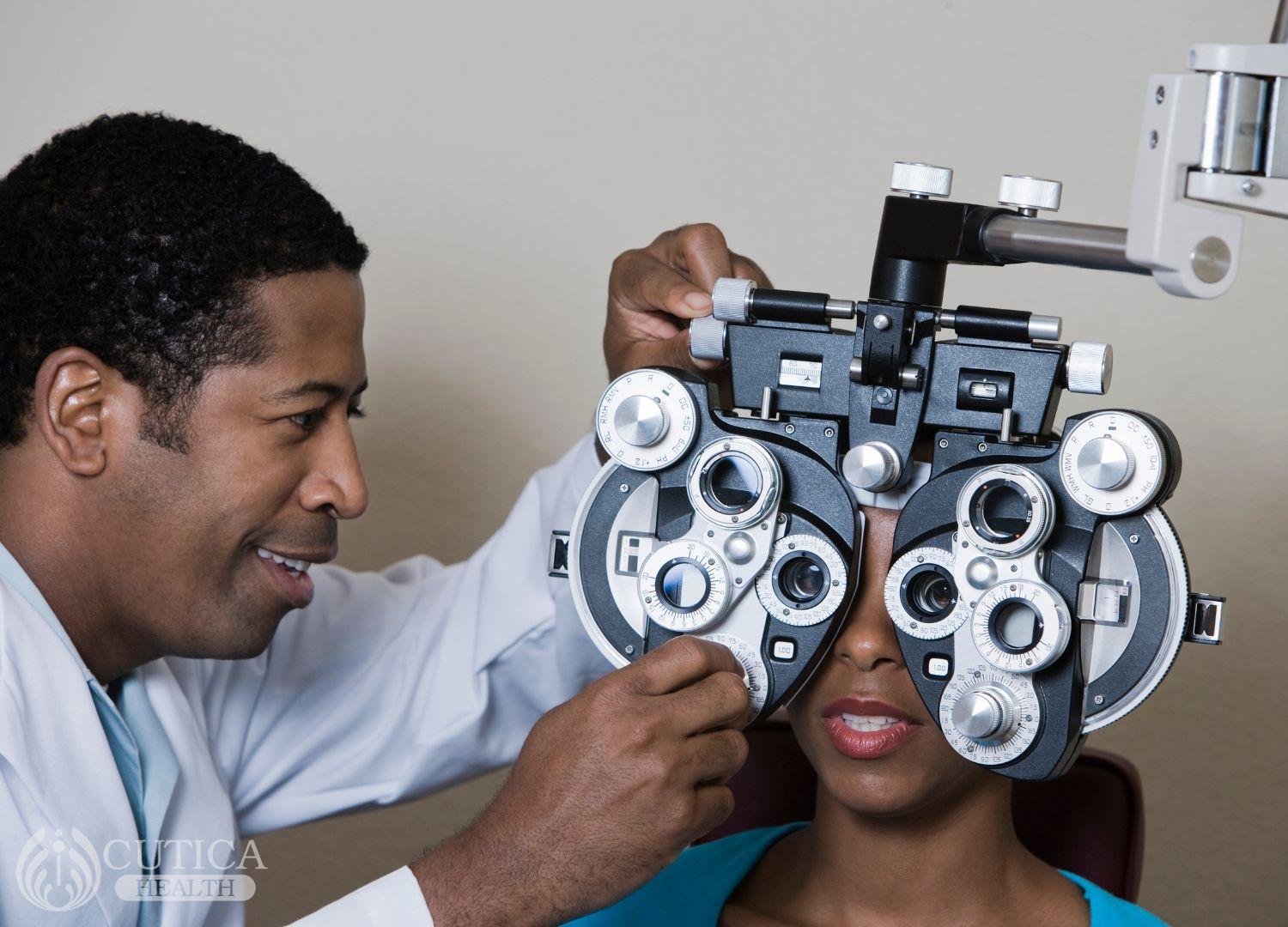Julie, a 60-year-old retired teacher, enjoys reading novels and knitting. Her vision has become blurry recently, making it challenging for her to engage in her hobbies. She visited an eye doctor who discovered that Julie had cataracts. Following a surgical procedure, Julie's vision improved, allowing her to resume her hobbies.
Introduction
Each eye has a clear lens that works like a camera's lens. Eye lenses help to focus the light entering the eyes and are important to see clearly. Cataract is a condition in which the eye lens becomes cloudy. Severe cataract can cause blindness in the affected eye.
Causes of Cataracts
- Age: Aging is the main cause of cataract.
- Genetics: You may be more prone to developing cataracts if someone in your family has already done so.
- Lifestyle: Cataract formation may be accelerated by smoking, binge drinking, and inadequate nutrition.

Symptoms of Cataracts
- Blurry vision: The most typical sign of cataracts is blurry vision. The sharpness or clarity of objects may be different from usual.
- Difficulty seeing in low light: Cataracts can make it challenging to see in low-light situations, such as at night or in rooms with weak lighting.
- Double vision: Cataracts can occasionally result in double vision or numerous images of the same thing.
- Sensitivity to light: Cataracts can increase your eyes' sensitivity to light, which might result in glare or halos around lights.
Treatment Options for Cataracts
- Surgery: The most effective way to treat cataracts is cataract surgery. The clouded lens is removed during surgery, and artificial lens is put in its stead.
- Prescription eyeglasses: The glasses or contact lenses may occasionally help people with early-stage cataracts see better.
Prevention of Cataracts
- Wear sunglasses: Your eyes may be better protected from the harm that might cause cataracts if you wear sunglasses that block ultraviolet (UV) radiation.
- Healthy lifestyle: A healthy lifestyle can help lower your chance of acquiring cataracts. They include eating a balanced diet, stopping smoking, and drinking in moderation or not at all.
Conclusion
Cataract is a challenging eye ailment that can result in double vision, sensitivity to light, hazy vision, and trouble seeing in dim light. Age, genetics, and lifestyle decisions all affect cataract development.
Prescription eyeglasses or contact lenses may help early-stage cataracts, but the best course of treatment is cataract surgery.

You can lessen your risk of getting cataracts by adopting preventative actions, such as sunglasses and leading a healthy lifestyle. If you have cataract symptoms, it's essential to consult your eye doctor to figure out the best course of action.
